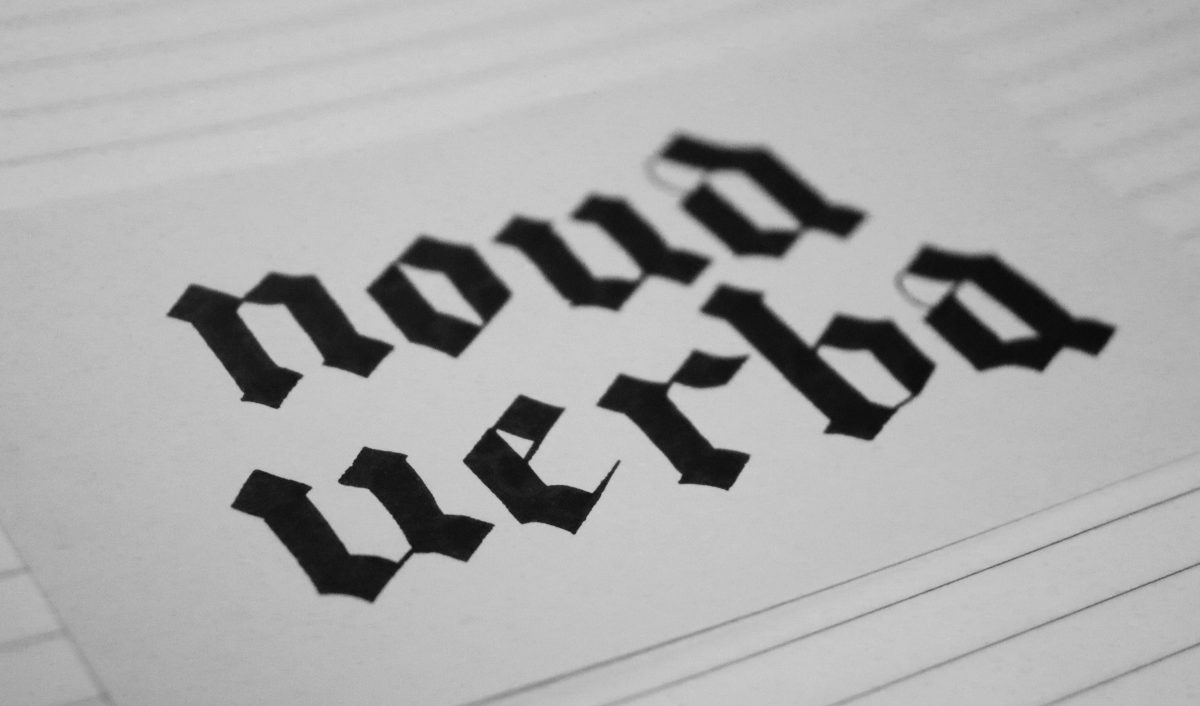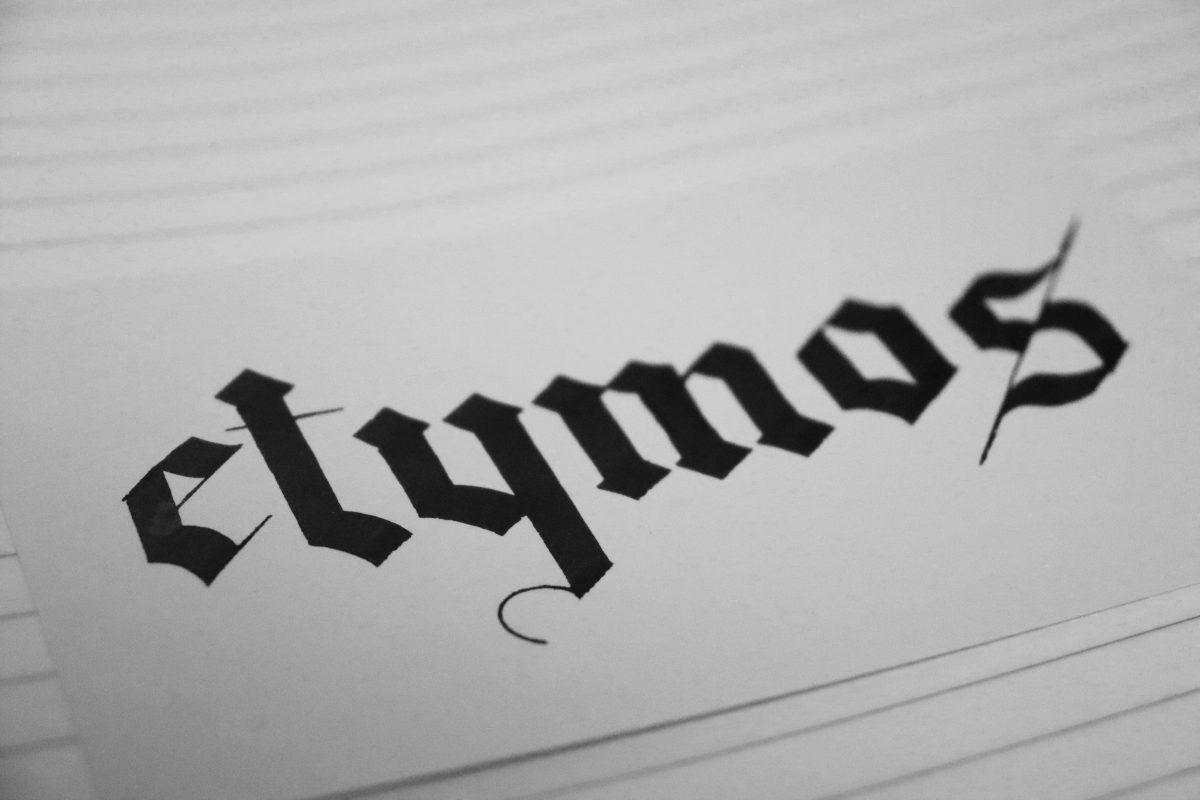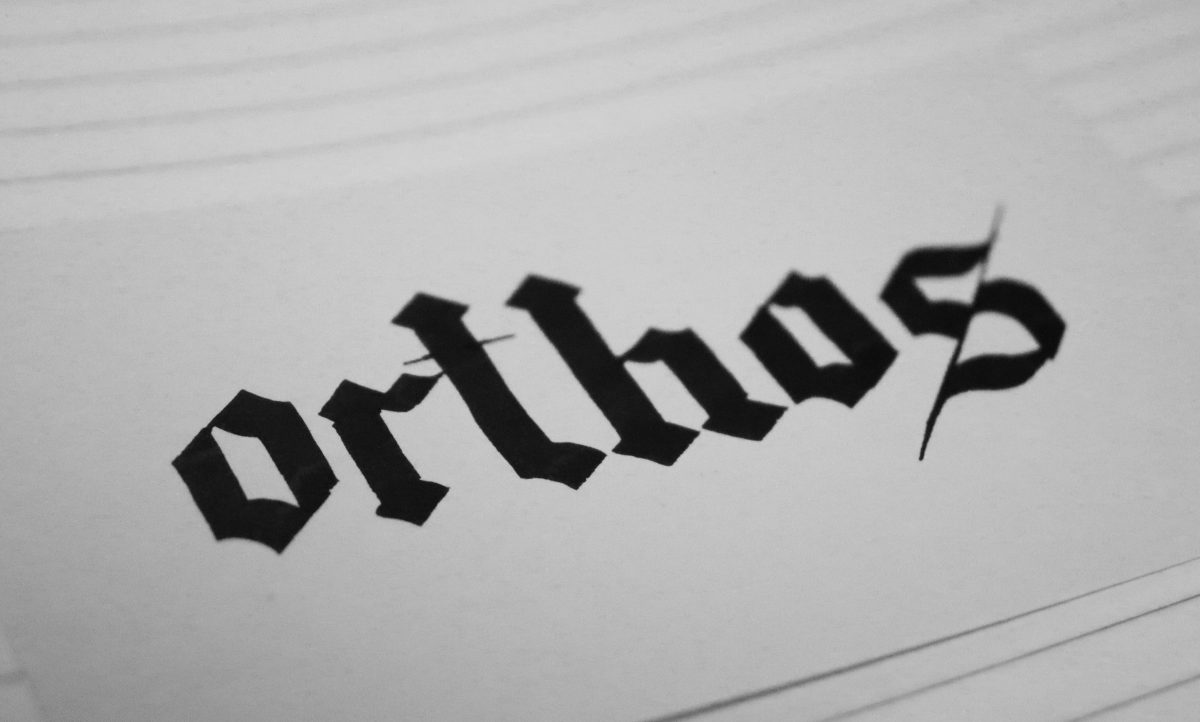Rick and Morty was mid.
I seem to be one of the only people who has this opinion. Most people, it seems, either haven’t seen the show, or think it’s absolutely brilliant.
I actually didn’t see the show for many, many years. It was only last year, I think, that I watched it all. (Well, up to the end of season six – I dislike changes in voice actor.) I had tried to get into it several times previously – because people had said that it was a great show – but I just found the first three episodes unbelievably dull.
Having now watched it, I’m confused as to why people think it’s so outstandingly brilliant. The show is nowhere near as funny as I was expecting it to be based on what people said. (It is funny – it’s just not that funny.) It’s also quite slow – there is much that could have been cut out. I actually far more enjoy clips of the show as YouTube Shorts than the show itself, because the clips cut out the dead time. I’m concerned that people like it as much as they do simply because it is whacky. It’s off-the-wall; it’s random. It’s weird and it’s cool, and it’s cool that it’s weird. ‘Whackiness’ like this is actually quite easy to produce in an artistic work. (I think people think it’s hard to do, but it’s not.) And if it’s not paired with true humour or insight, it’s cheap.
Anyway, one of the tangents of the show that is quite funny, is that of the therapist character – Dr. Helen Wong. The idea of the Smith family going to therapy is intrinsically hilarious – partly because of the contrast between their space-faring, multidimensional lives involving the most grotesque, unsettling, and downright bizarre aliens, and the HR-style banality of psychotherapy, and partly because the problems the Smith family face are not ones that can be solved by psychotherapy. But the therapy scenes are also hilarious because of the way they mock the trite ruminations and kum-ba-yah-ism of therapy – in a way that dozens of shows have done before.
At the end of the episode of Pickle Rick, where Rick tries to avoid going to a ‘family therapy’ session by turning himself into a pickle, Rick stumbles into the therapist’s office, where the rest of his family (minus Jerry) have been sitting and being intellectually harassed by the therapist. Rick asks Beth to give him the serum that will turn him back into a human, which she has held onto for the entire episode. The therapist then directs Beth to ask Rick why he needs the serum, knowing that it will force him to say that he didn’t want to come to a family therapy session.
Rick ends up giving a monologue about why he doesn’t like therapy – most of which is correct. Dr. Wong then responds with a monologue.
Dr. Wong’s monologue is part psychoanalysis, part life-coaching speech. Her psychoanalysis of Rick is incorrect based on what we know from all the previous episodes of the show, and the monologue overall is incoherent – making points that do not logically follow on from each other – but it contains the kind of pretentious language and lilt that all successful life coaches use.
It’s actually quite funny, because it’s an excellent mockery of the kind of beatification that therapists, life coaches, business coaches, consultants, megachurch pastors, and certain influencers sometimes receive. Here is someone who has mastered the aesthetics and cadence of insight, while having absolutely nothing profound to say. Very funny.
This is how I understood this moment in the show when I first saw it – and how I thought everyone understood it. However, when I watch this clip on YouTube, and I scroll down to the comments, I am mortified to find that there are seemingly a large number of people – thousands of people, based on the likes – who treat this scene as actual, genuine, real psychotherapy, and Dr. Wong’s analysis of Rick as being nothing short of perfection in profundity.
This baffled me when I first saw it. How do these people not know that this is a joke? How do people not know that this is mocking the character of Dr. Wong? The entire setup for this scene is a textbook example of the humour of contrast – the extremity of Rick and Morty’s multidimensional life against the mundanity of a therapist’s office in a shopping mall. We have seen this kind of contrast humour – between the extraordinary and the mundane – hundreds upon hundreds of times in media over the last 25 years – how are these people not able to recognise it again here? But no, apparently these commenters believe that everything Dr. Wong is saying about Rick is absolutely true, and can be applied to real people in the real world.
It’s worth mentioning at this point that these kinds of comments on the video and the likes they have received may be entirely fake. I have noticed a change recently in the kind of comments that appear at the top of YouTube videos. They’re sort of all like this – right across YouTube, but particularly under comedy videos – people taking the content of the video far too seriously, as though it isn’t comedy. I’m not the only person who’s noticed this either – I recall that there’s even a Twitter account dedicated to overly-serious comments under Family Guy videos. In a world where it is possible to generate readable text very easily (AI), it is entirely possible that all of these comments are from fake accounts.
However, the reason why I am not entirely convinced that these comments are fake is because I have noticed a similar attitude towards psychotherapy in real people – either commenters on certain kinds of podcast or even friends in real life.
There is a common refrain that you will see right across the internet. It’s a kind of text-based meme. ‘Men will do anything except go to therapy.’, or some variation of that. You see this refrain anywhere that tells of or shows a man who has done something seemingly incomprehensible to the commenter.
A good 80-90% of the time I see this refrain, I think ‘Yes, because most men intuitively know that what’s done in “therapy” will have absolutely no capacity to solve this problem.’. There is an assumption, held by some people – a belief, even – in the infinite power of ‘therapy’ to fix everything. They seem to believe that therapy can fix every problem. I have even heard, over the years, these people express that they believe everyone should be in therapy – all the time.
As I say, the reason why therapy is less popular with men than it is with women is because men realise that it will not solve their problems. This is not to say that it is never useful – there are certain problems that it can solve – but psychotherapy is treated by some as a panacea. It is not. And not only is it not, it can also create problems. Psychotherapy can encourage excessive rumination and the acceptance of non-agency – and even worse, the near-worship of psychotherapy that seems to exist among a small proportion of the population can promote both of these things.
Psychotherapy is not neutral. We are encouraged to think that it is – that the psychotherapist comes with no biases. But actually they do – and sometimes they have very strong biases. Psychotherapy is not neutral – not morally, not philosophically, not politically. They have replaced, in some ways, a task done in previous centuries by vicars and other religious figures – except that while you likely know the approximate moral, philosophical, and political positions of a Christian vicar before talking to them, with a psychotherapist, you don’t.
Psychotherapy is not infallible. This should be obvious, but apparently to some it is not. One of the clearest and most topical examples of this is the complete capture of the profession of psychotherapy by Gender Ideology that we have seen over the last decade or more. When an entire field can make that big of a mistake, one should not only not consider it infallible, one should consider it to be highly fallible.
Yet there are people who seem to believe in the complete infallibility of psychotherapy. More than that – they won’t have a word said about it. If you try to suggest that maybe – just maybe – psychotherapy is anything other than salvation, they will try to shut you down – cut you off mid sentence. No wrong word may be said about it. It is a religious-like zeal, and I have observed it enough times now to need a name for it.
Psychotherapomania – or just therapomania for short – the near-religious belief in the infallibility of psychotherapy.



